-
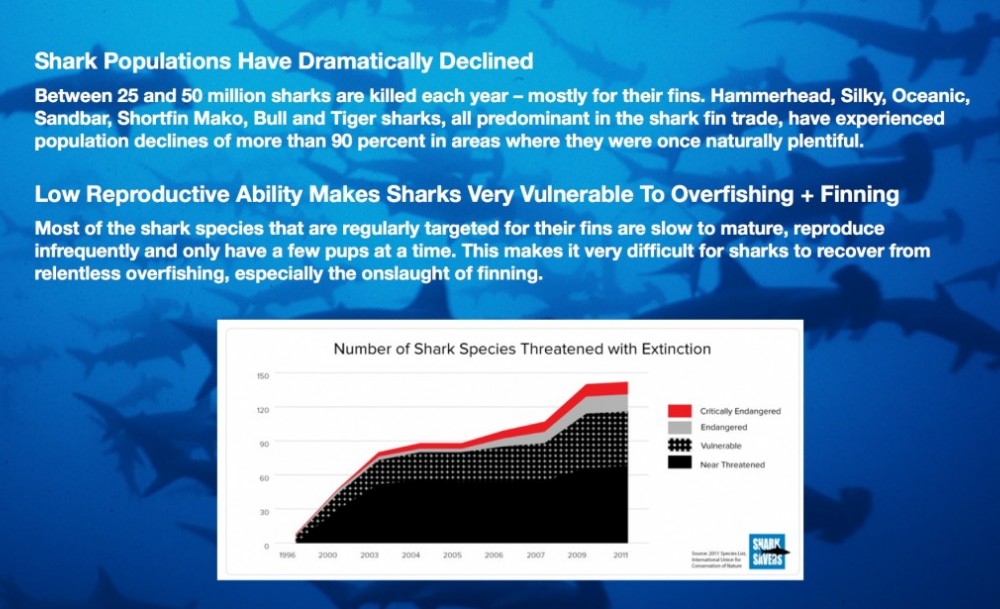
-
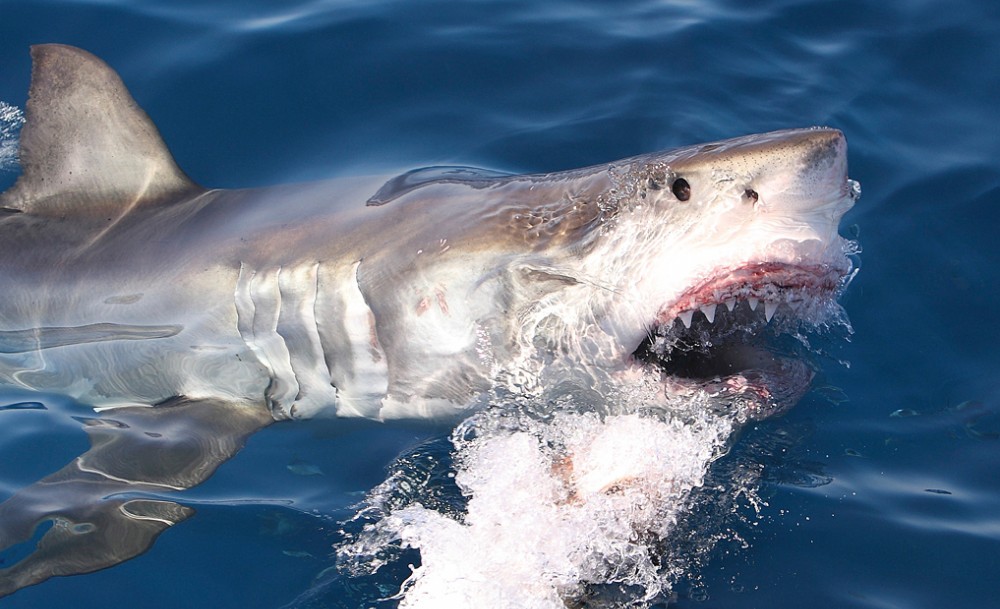
Great Whites: “The largest carnivorous fish with the astonishing capacity to assess, in a microsecond of a first bite, the caloric value of potential prey; human beings are too bony to usually bother with, so they often depart after that first bite.”
-
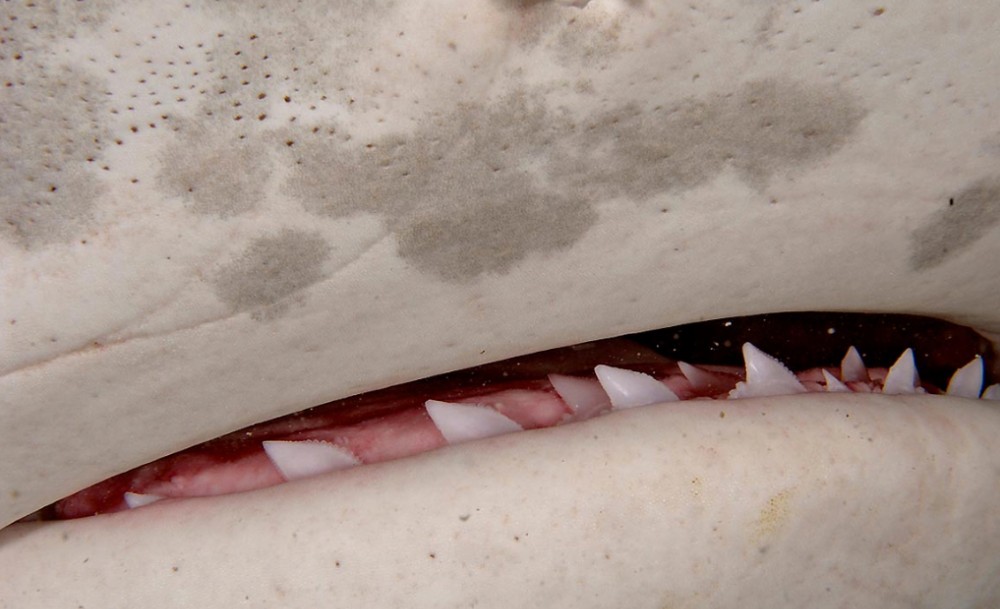
Tigers Sharks: Fast as rockets and ubiquitous - they’re fond of coastal waters, they like lagoons, shallow waters to prey on smaller sharks, and they also roam deep.
-
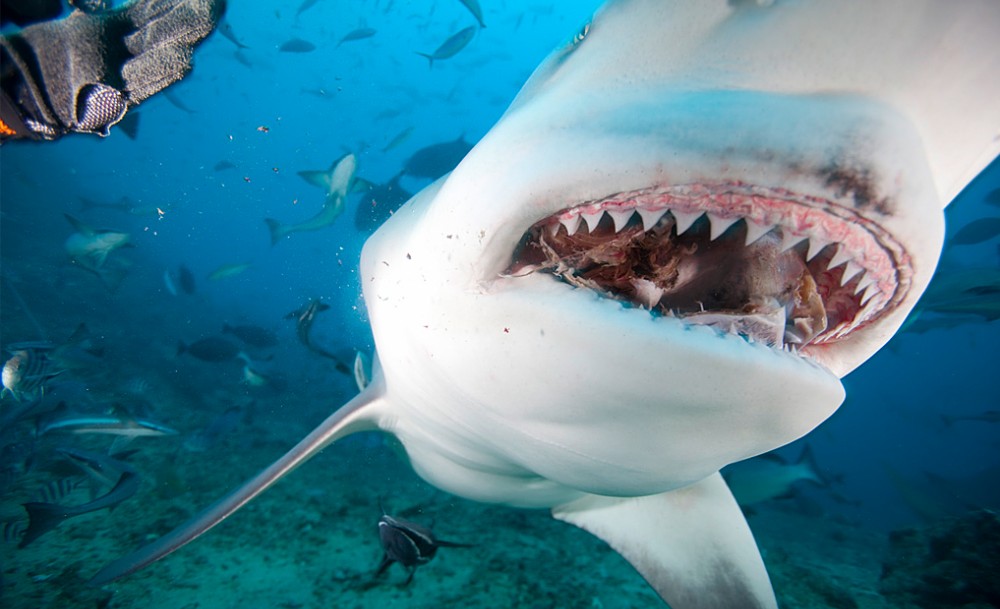
Bull Sharks: Sporting a stout appearance and pugnacious reputation – they are equipped with some biological quirk that permits them to function normally in salt, brackish, and fresh water – something no other shark can do.
-
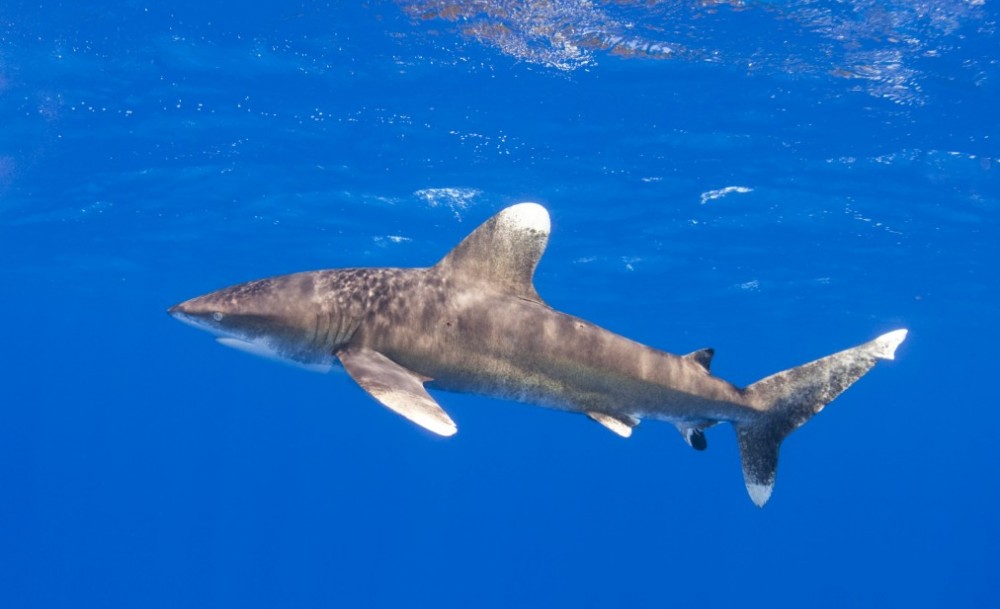
Oceanic Whitetips: Known as “long-hands” for their long pectoral fins and Peter’s personal bête noire as he had a near-miss that scared him permanently while swimming with a school of yellowfin tuna in open deep water.
-
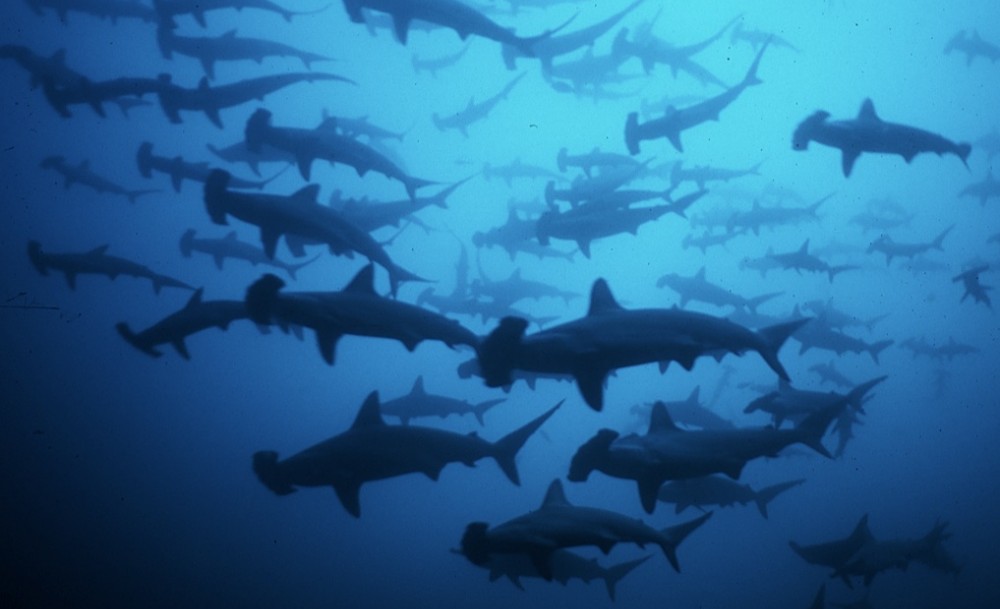
Hammerheads: There are approximately 10 related species of hammerheads throughout tropical and temperate regions including the scalloped, bonnet-head, great hammerhead and smooth hammerhead.
-
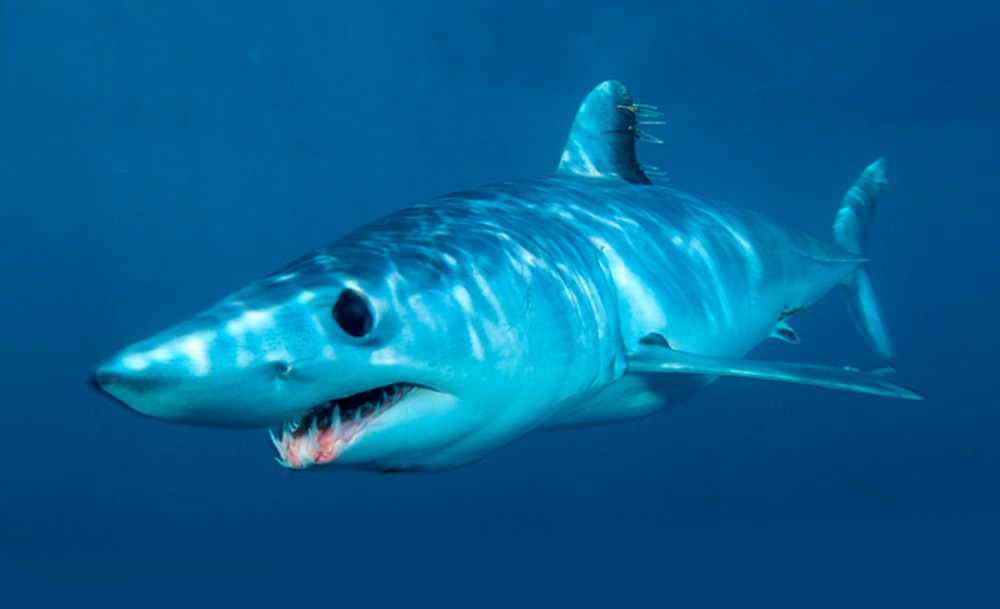
Mako Sharks: They are by far the fastest shark, and they are the only shark listed IGFA as a true sport fish.
-
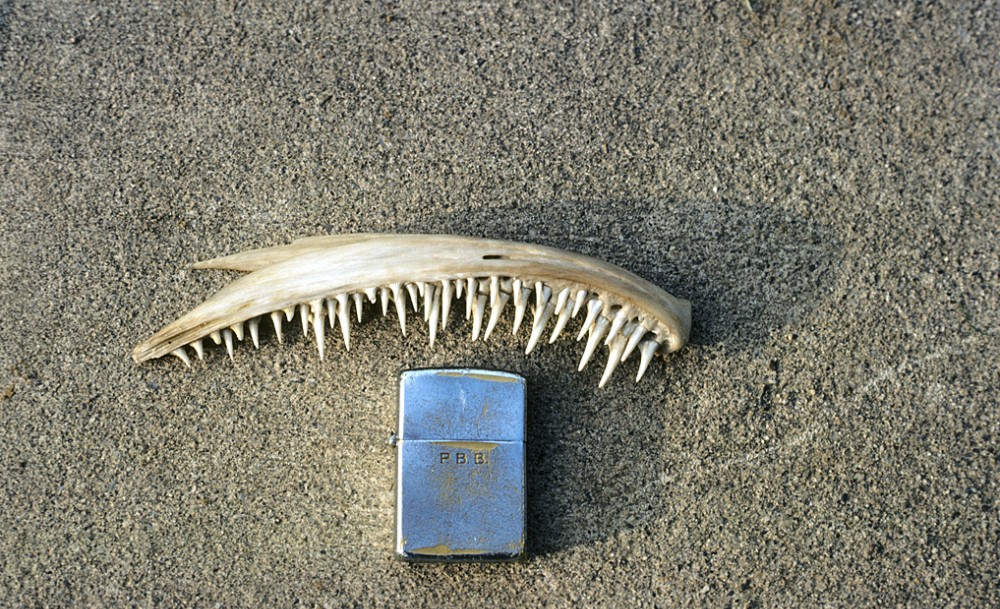
Mako Sharks: Peter called them dangerous loners that reminded him of Jack Palance in
-
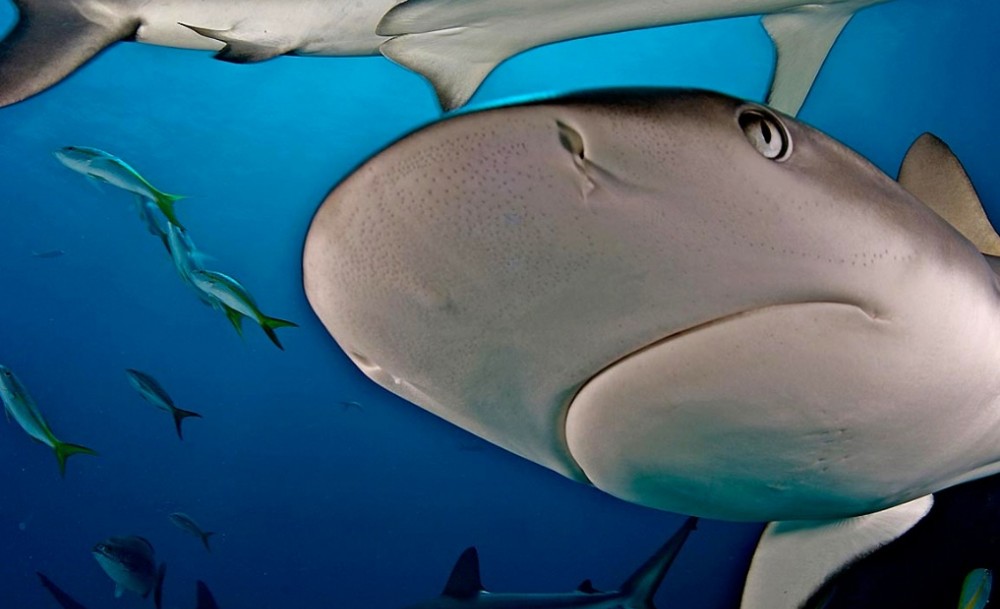
Caribbean Reef Shark: Was originally described from off the coast of Cuba as in 1876; it is one of the most abundant sharks around the Bahamas and the Antilles.
-
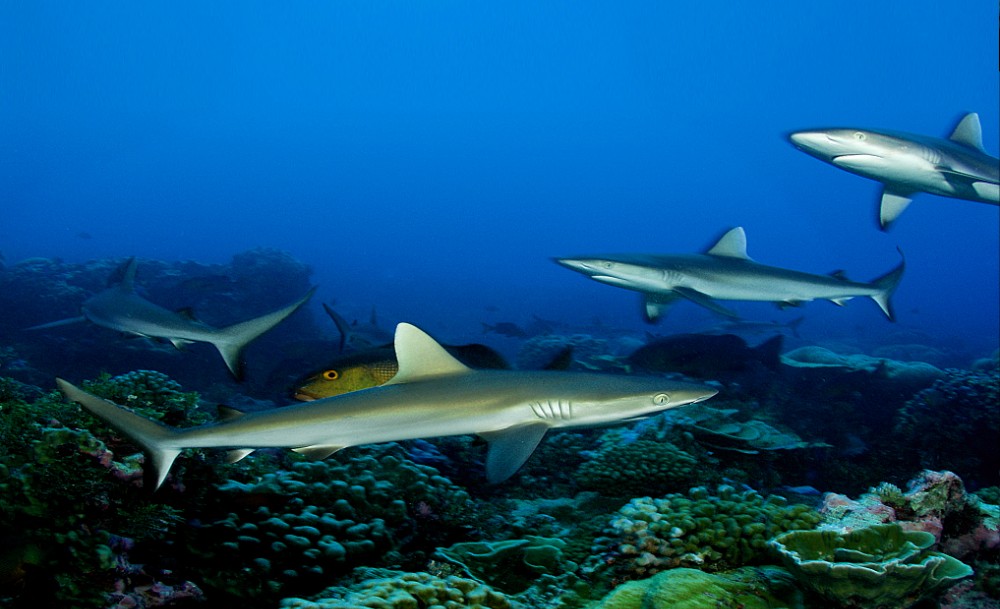
Caribbean Reef Shark: Reef sharks have been documented resting motionless on the sea bottom or inside caves, unusual behavior for an active-swimming shark. If threatened, it may perform a threat display in which it frequently changes direction and dips its pectoral fins.
-
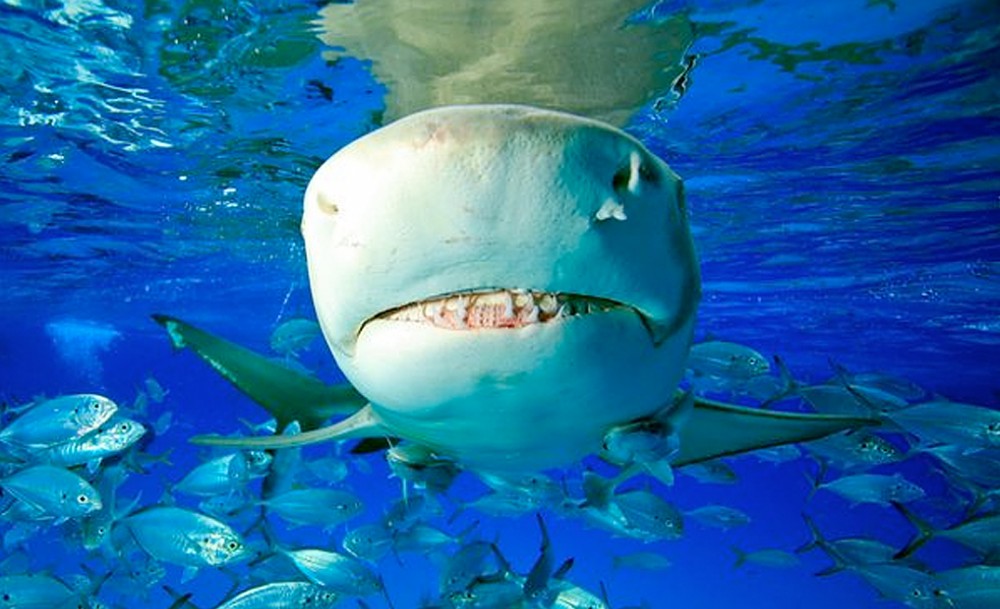
Lemon Sharks: Get the name because of their pale yellow brown coloring and are generally quite tame.
-
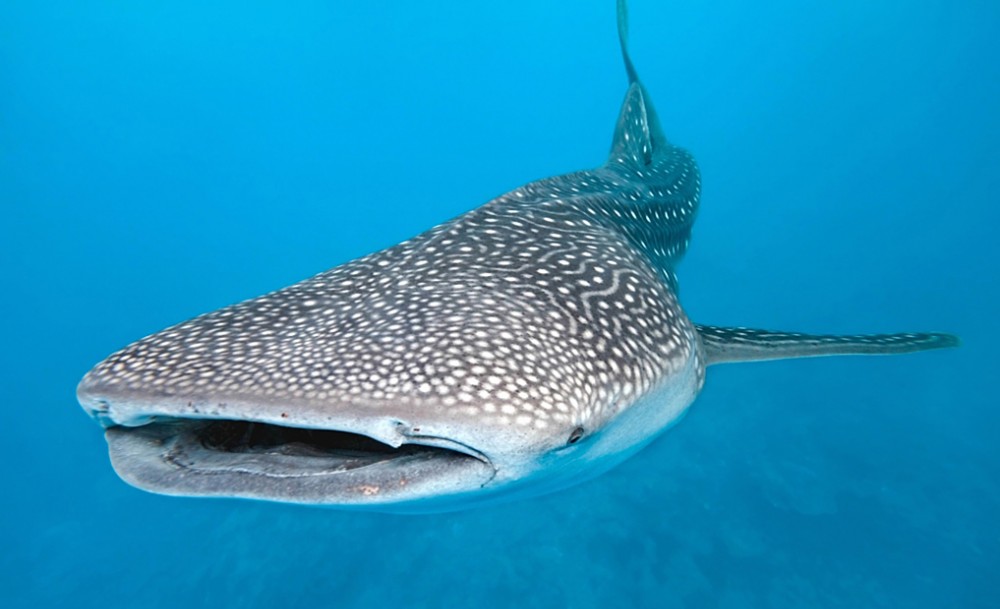
Whale Sharks: A gentle filter-feeding giant and by far the largest living non-mammalian vertebrate, rivaling many of the largest dinosaurs in weight.
-
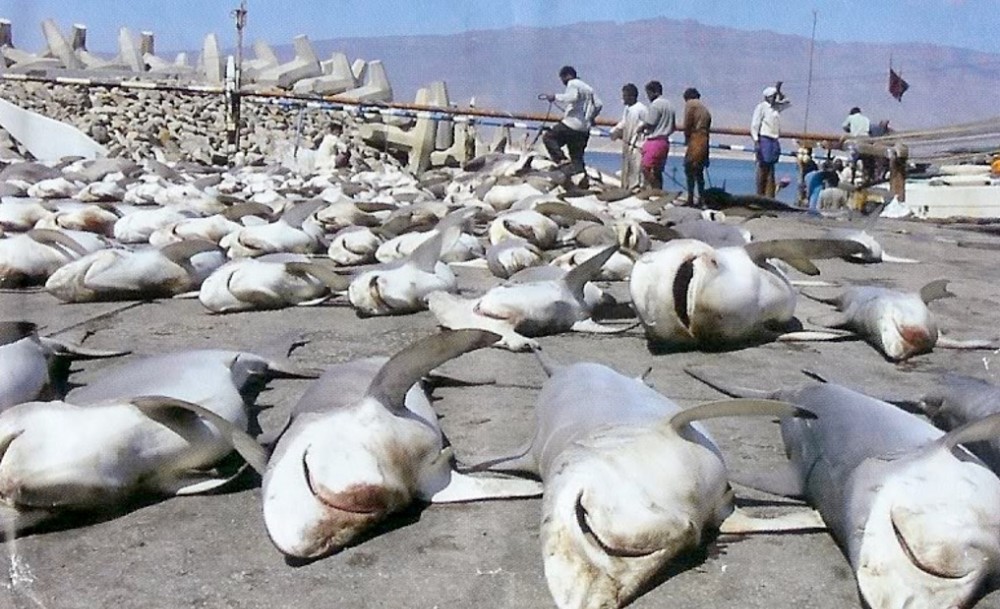
We must change the perception of always fearing sharks; what we should really fear is their destruction
-
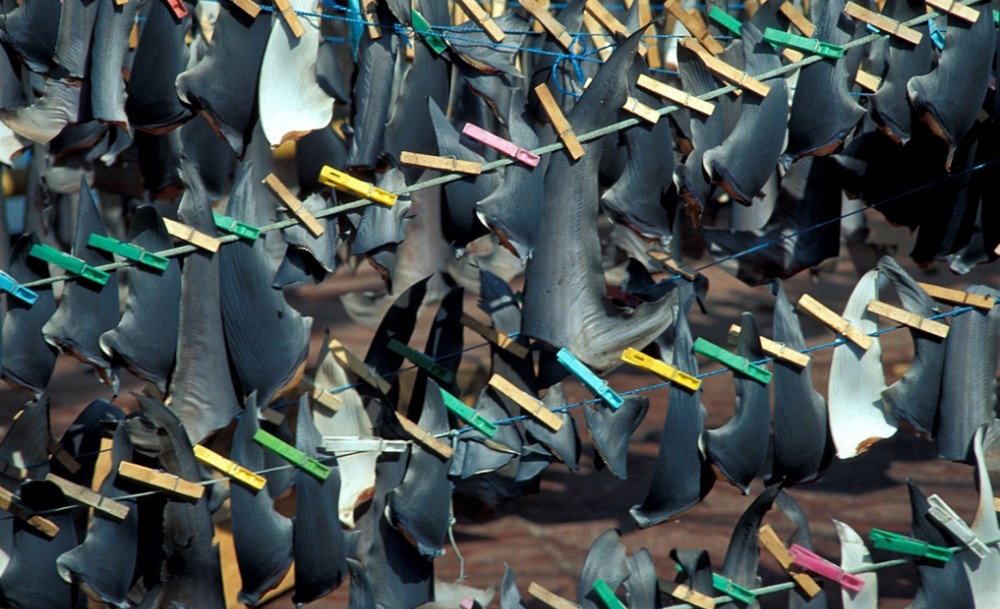
The fins from between 26 million and 73 million sharks move through the Hong Kong shark fin markets alone, each year.
-
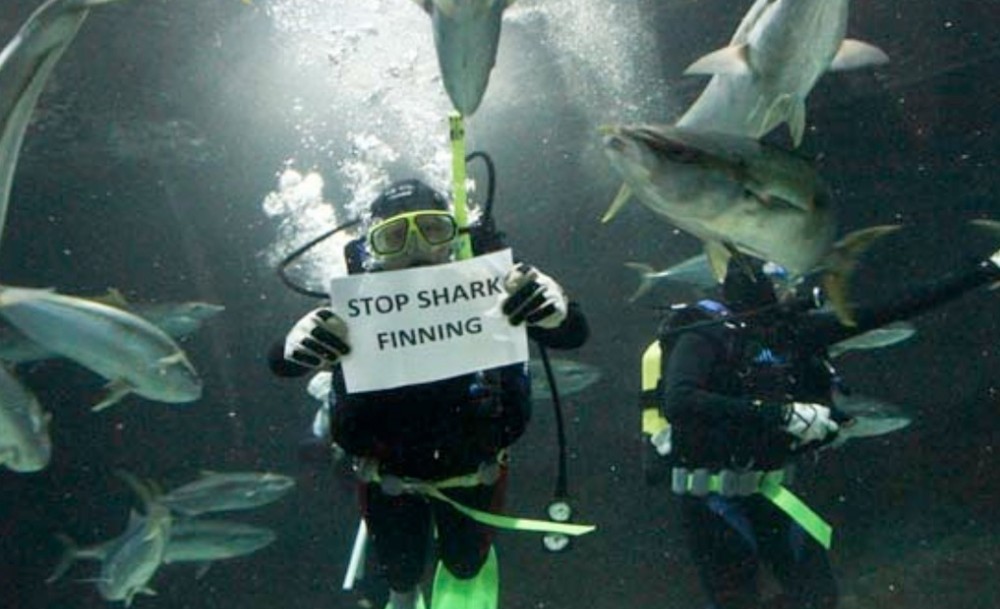
We need support for legislation to stop shark finning.
-

Shark Savers has a new campaign to make it socially acceptable to refuse shark fin soup. www.sharksavers.org















